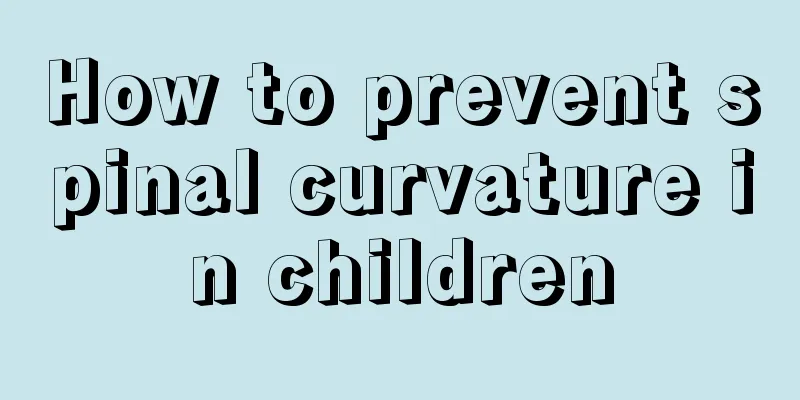How to educate a picky eater

|
There are always foods that people don’t like to eat, so they generally choose not to eat those foods. But for children, who are in a critical period of physical development, they should eat all kinds of food, especially vegetables. However, most children are picky eaters and will not eat many things placed in front of them. So how should parents educate their picky eaters? 1. How to educate picky eaters 1. Don’t force-feed When children reject a certain food, parents always force them to eat it, and some parents even beat and scold them. This approach will only make children reject the food more and create negative emotions about eating. If a child is picky about eating, parents can use persuasion to patiently get the child to eat on his own initiative. 2. Use praise Children like to be praised. You can also use praise when eating to make children interested in eating, so that they will not become picky eaters. Parents should first put food in front of their children that they don’t like but is good for their health, and then say that someone they like or an animated character also likes to eat this kind of food. This will guide the children’s interest in the food first. After the children have eaten the food, the parents can praise the children for being as good as their favorite character. 3. Change the way you cook food Parents can change the way food is cooked every day to make children find it interesting. For example, some children do not like to eat eggs, so parents can make the eggs into many different types or make them into cartoon animals. Some children do not like to eat vegetables, so parents can chop the vegetables up and make dumplings. In short, never let food ruin your child's interest in eating. 4. Encourage trying new dishes Some children are picky eaters and will not eat dishes they have never eaten before. In fact, these dishes can supplement the nutrients that children lack. Parents can encourage their children to try new dishes. As long as the children eat them, they will find more foods they like, instead of only eating dishes they know. 2. Harm of picky eating in children The biggest harm of children being picky about eating is that it is detrimental to their physical growth and development. Picky eating can cause children to become malnourished, resulting in yellow hair, decreased intelligence, lack of concentration, short growth, and poor resistance. |
>>: The best scar removal medicine for children
Recommend
What to do if your three-month-old baby gets cold and has diarrhea
Many parents will become very worried when their ...
Will pinching your baby's face cause him to drool?
For babies under one year old, their nervous syst...
What medicine should I take for my baby's stomach ache?
In daily life, many babies often have stomach pai...
How to prevent dry lips in babies
Families with babies are very concerned about eve...
Premonitions of autism in newborns
Autism is very common in our lives. Most autism i...
What are some tips for treating sore corners of children's mouth?
Compared with adults, children are more prone to ...
Will acute gastroenteritis in babies cause myocarditis?
If there is a baby at home, parents have a great ...
Can children's sinusitis be cured?
Many mothers are very concerned about whether the...
What medicine should children take for constipation?
Constipation is a common phenomenon among young c...
How to get rid of bloodshot eyes in a four-year-old baby?
The little baby at home is always on the minds of...
What are the measures to deal with children's itchy nose
What are the measures to deal with children's...
The reason why baby's lips turn white
Recently, many friends have reported that their b...
What should children eat when they have chickenpox?
During childhood, children may face various disea...
What calcium can children eat to grow taller
Calcium is very important for the bones in our bo...
Is it poisonous when a child bites you?
In real life, some people are accidentally bitten...









